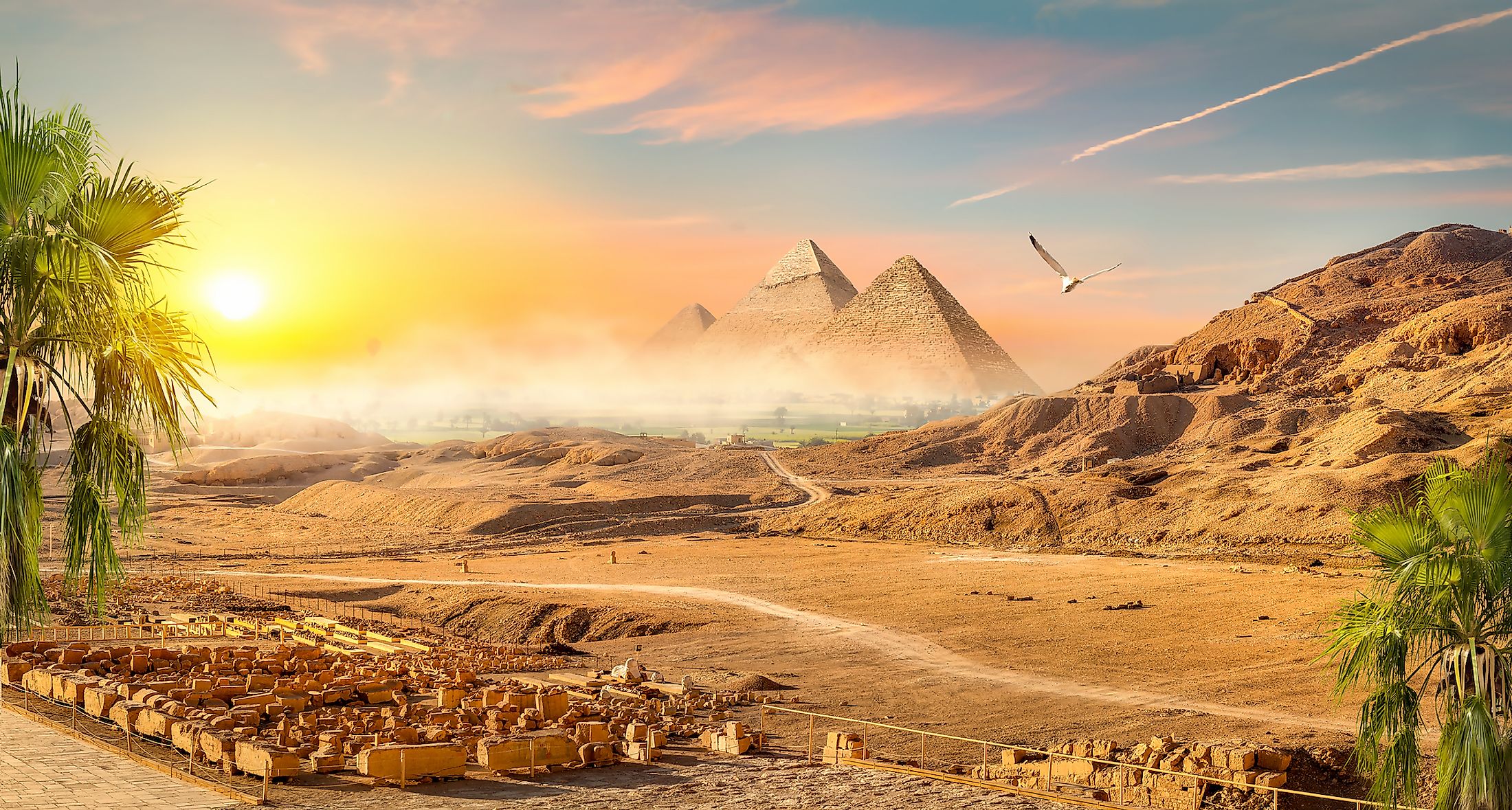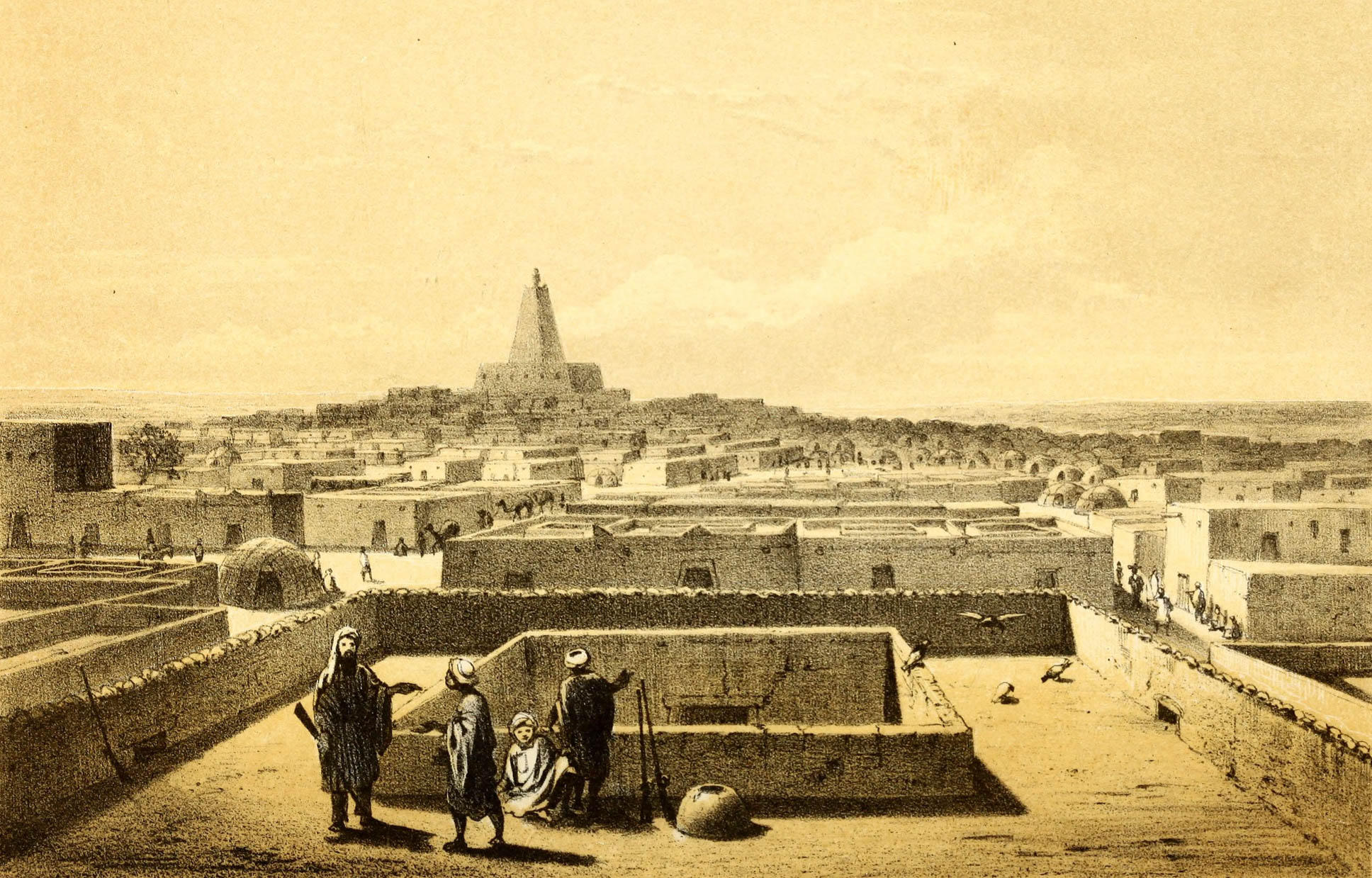Ancient African Civilizations: Explore the achievements and legacies of civilizations like Ancient Egypt, Kingdom of Kush, Axum Empire, Great Zimbabwe, and others.
Africa's rich tapestry of history is woven with the remarkable achievements of its ancient civilizations. From the awe-inspiring pyramids of Egypt to the enigmatic ruins of Great Zimbabwe, the continent boasts a treasure trove of architectural wonders, cultural legacies, and historical significance. In this article, we embark on a journey through time to explore the fascinating world of ancient African civilizations, shedding light on their achievements, cultural contributions, and enduring impact on the continent and beyond.
Ancient Egypt: The Gift of the Nile
When we think of ancient African civilizations, it is hard not to conjure images of the majestic pyramids of Giza, the enigmatic Sphinx, and the Nile River winding through the desert sands. Ancient Egypt, often referred to as the "gift of the Nile," emerged as one of the most influential and enduring civilizations in history.
The ancient Egyptians excelled in various fields, including architecture, engineering, medicine, and agriculture. The pyramids, colossal temples, and intricately carved tombs stand as lasting testaments to their mastery of monumental construction. The Great Pyramid of Giza, built for Pharaoh Khufu, remains one of the Seven Wonders of the Ancient World, showcasing the incredible engineering prowess of its builders.
The Egyptians also made significant advancements in the field of medicine. The Edwin Smith Papyrus, dating back to the 16th century BCE, contains detailed descriptions of surgical techniques, demonstrating their understanding of anatomy and medical practices.
Moreover, the ancient Egyptians developed a complex religious and funerary system, with beliefs centered around the afterlife. Elaborate burial rituals, mummification practices, and the construction of massive tombs reflected their belief in the preservation of the body and the soul's journey to the realm of the dead.
Kingdom of Kush: A Powerful African Empire
In present-day Sudan, the Kingdom of Kush flourished as a powerful civilization from around 800 BCE to 350 CE. Situated at the crossroads of trade routes connecting Africa with the Mediterranean world, the Kushites thrived through commerce, cultural exchange, and military might.
The Kingdom of Kush left behind a remarkable architectural legacy, most notably in the city of Meroë. The Royal City of Meroë, a UNESCO World Heritage site, boasts the remains of royal pyramids, temples, and a vibrant urban center. The Meroitic pyramids, smaller in size but equally captivating as their Egyptian counterparts, stand as a testament to the cultural syncretism and artistic ingenuity of the Kushites.
Furthermore, the Kingdom of Kush played a crucial role in the diffusion of Egyptian culture and religious beliefs into the African interior. The Nubian pharaohs of Kush adopted aspects of Egyptian civilization, including deities, hieroglyphic writing, and architectural styles. This cultural exchange contributed to the development of a unique Nubian-Egyptian hybrid culture, leaving an indelible mark on the history of the region.
The Kingdom of Aksum: An African Trading Hub
Situated in present-day Ethiopia and Eritrea, the Kingdom of Aksum emerged as a prosperous trading hub and a formidable maritime power. Flourishing from around the 1st century CE to the 8th century CE, Aksum controlled key trade routes, connecting the African interior with the Red Sea and the Mediterranean.
The Aksumites excelled in trade, utilizing their strategic location to amass wealth and establish commercial networks that spanned across continents. They traded precious goods such as ivory, gold, spices, and exotic animals. Aksum's control over the trade in goods, including frankincense and myrrh, granted them significant economic influence and political power.
The kingdom also witnessed the rise of Christianity, becoming one of the first nations to adopt the faith. King Ezana, in the 4th century CE, embraced Christianity, making Aksum one of the earliest Christian states in the world. The Church of St. Mary of Zion, believed to house the Ark of the Covenant, became a significant center of religious pilgrimage and worship.
Great Zimbabwe: A Monumental Stone City
Moving southward, we encounter the awe-inspiring ruins of Great Zimbabwe, a city that thrived from the 11th to the 15th century CE in present-day Zimbabwe. Great Zimbabwe served as the capital of a kingdom that controlled a vast territory and engaged in trade with civilizations along the Swahili Coast and the Indian Ocean.
The most remarkable feature of Great Zimbabwe is its monumental stone walls, built without the use of mortar. These impressive structures, such as the Great Enclosure and the Hill Complex, attest to the advanced architectural and engineering skills of the builders. The city's layout, with its distinct areas for residences, religious ceremonies, and royal functions, provides insights into the social and political organization of the kingdom.
Great Zimbabwe's wealth was derived from trade in gold, ivory, and exotic goods, which were exchanged with merchants from the Indian Ocean trade networks. The city's decline remains a subject of scholarly debate, but its legacy endures, representing a symbol of African heritage and national pride.
Beyond the Borders: Influence and Connections
While these ancient civilizations thrived independently, it is important to acknowledge the interconnectedness of African cultures and the impact they had beyond their own borders. Trade routes, cultural diffusion, and migration facilitated the exchange of ideas, beliefs, and technological innovations, enriching the tapestry of African history.
For instance, the trans-Saharan trade routes connected West Africa with North Africa and the Mediterranean world, facilitating the exchange of goods such as gold, salt, ivory, and slaves. This network of trade and cultural interaction contributed to the development of prosperous empires, such as the Ghana Empire, Mali Empire, and Songhai Empire, and fostered the growth of Islamic influence in West Africa.
Moreover, the Swahili Coast of East Africa emerged as a vibrant region of trade and cultural exchange, connecting the African interior with the Indian Ocean world. City-states like Kilwa, Sofala, and Mombasa thrived as centers of commerce, attracting merchants from Arabia, Persia, India, and China. This cross-cultural exchange led to the blending of African, Arab, and Asian cultures, resulting in the development of Swahili language, art, architecture, and cuisine.
In Conclusion
The ancient African civilizations discussed above offer just a glimpse into the vast array of achievements, cultural richness, and historical significance that the continent possesses. From the enduring legacy of Ancient Egypt to the architectural wonders of Great Zimbabwe, Africa's ancient civilizations continue to captivate and inspire awe, reminding us of the immense contributions and ingenuity of African peoples throughout history. These civilizations not only left behind architectural marvels but also contributed to advancements in fields such as medicine, trade, and cultural exchange. They serve as a testament to Africa's deep-rooted history, diverse cultural heritage, and enduring legacy, shaping the continent's identity and influencing the development of civilizations around the world. By exploring and appreciating the achievements of these ancient African civilizations, we gain a deeper understanding of the continent's rich tapestry, paving the way for a greater appreciation of Africa's past, present, and the limitless possibilities that lie ahead.


Comments
Post a Comment